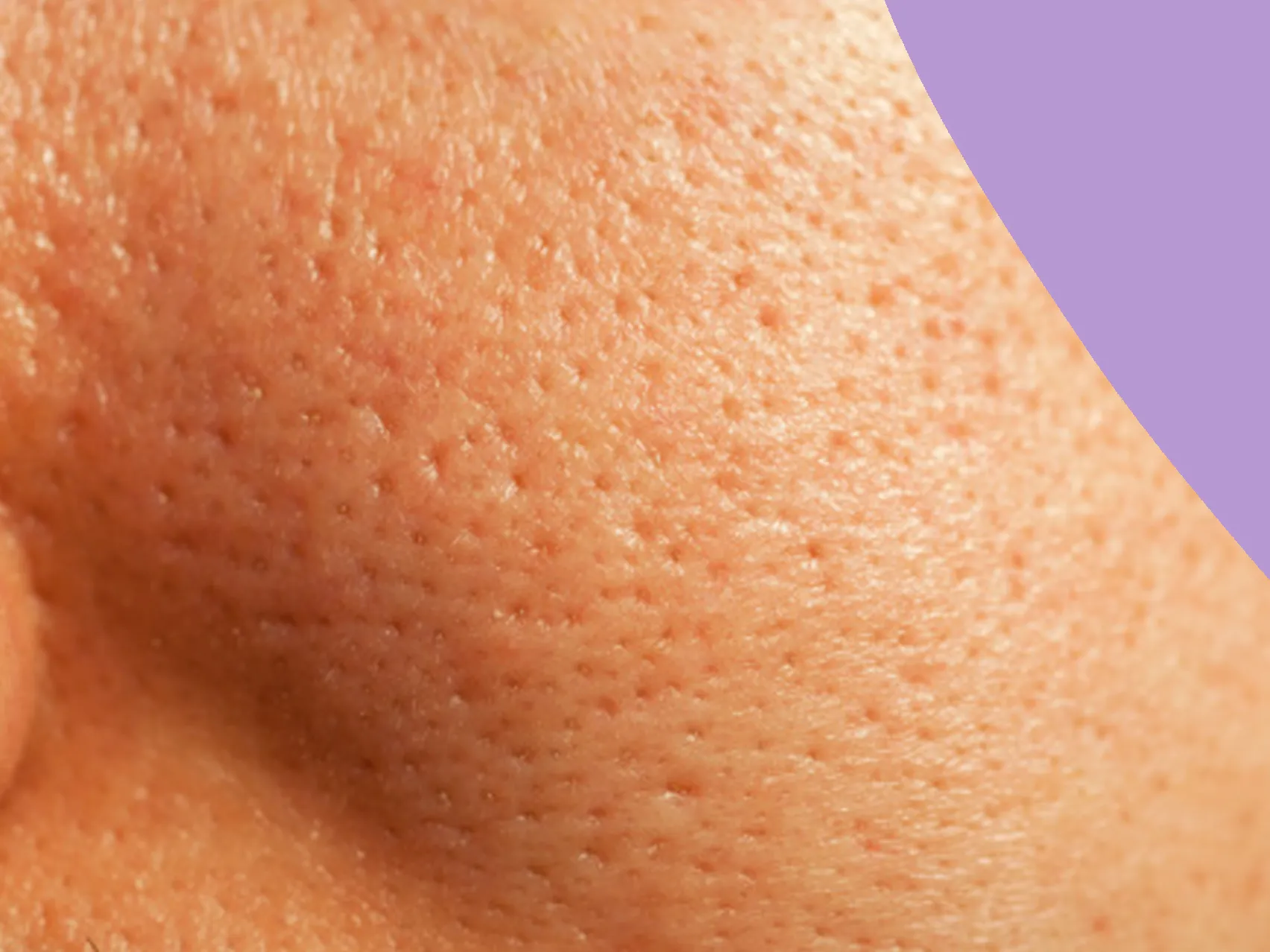Unclogging the Mystery: How Pores Affect Your Skin and Acne
pore health: Pores are tiny openings on your skin that play a crucial role in maintaining overall skin health. While often overlooked, they are essential for regulating body temperature, releasing natural oils (sebum), and eliminating toxins. However, when pores become clogged, they can contribute to acne breakouts and other skin concerns. Let’s delve into the world of pores, understanding their functions, and how to keep them healthy.
Pore Health 101: Understanding Your Skin’s Tiny Openings
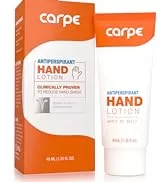
Carpe – Helps Keep Your Face, Forehead, and Scalp Dry – Sweat Absorbing Gelled Lotion – Plus Oily Face Control – With Silica Microspheres and Jojoba Esters
Your skin is home to two types of pores: oil pores and sweat pores. Oil pores, connected to oil glands, are more visible and prone to clogging. Sweat pores, responsible for temperature regulation, are typically microscopic.
Healthy pores are essential for maintaining a balanced complexion. Sebum, the natural oil produced by sebaceous glands, helps keep skin hydrated and protected. Sweat pores aid in temperature control. When this delicate balance is disrupted, skin issues like acne can arise.
The Role of Pores in Acne Breakouts
Acne occurs when oil, dead skin cells, and bacteria become trapped within the pores, leading to inflammation. While pores don’t directly cause acne, they are the battleground for this common skin condition. Keeping pores clean is crucial for preventing acne breakouts.
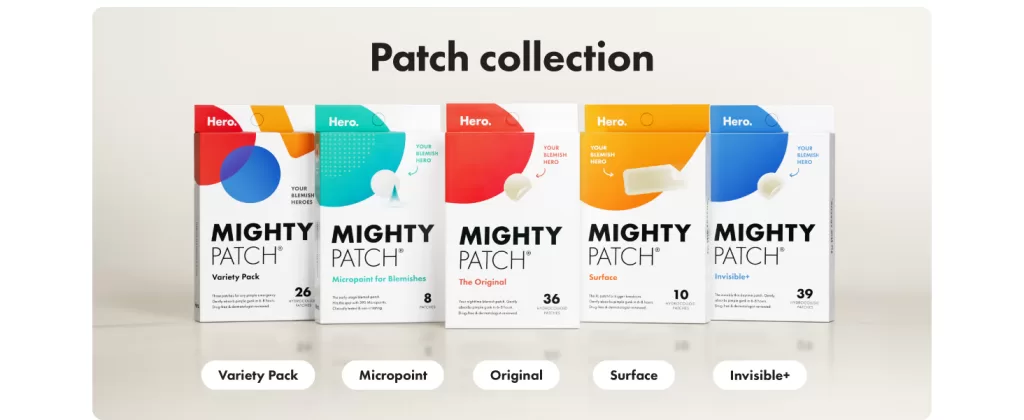
Minimize Pores: Tips for a Smoother Complexion
While you can’t permanently shrink pores, you can effectively minimize their appearance through consistent skincare. Here are some tips:
- Gentle cleansing: Use a mild cleanser to remove dirt, oil, and makeup without stripping the skin.
- Exfoliation: Regularly exfoliate to remove dead skin cells and prevent pore blockage.
- Hydration: Keep skin hydrated with a lightweight moisturizer to maintain a healthy skin barrier.
- Sun protection: Shield your skin from harmful UV rays to prevent premature aging and pore enlargement.
- Avoid touching your face: This can transfer bacteria and worsen acne.

Product Picks: Best Choices for Pore Care
Choosing the right products can significantly impact pore health. Look for cleansers, exfoliators, and moisturizers labeled as “non-comedogenic,” meaning they won’t clog pores. Ingredients like salicylic acid, glycolic acid, and benzoyl peroxide can be beneficial for unclogging pores and reducing acne.
When to See a Dermatologist for Pore Problems
If you’re struggling with persistent acne or notice significant changes in your skin, consult a dermatologist. They can provide tailored treatment options, such as prescription medications, chemical peels, or extractions.
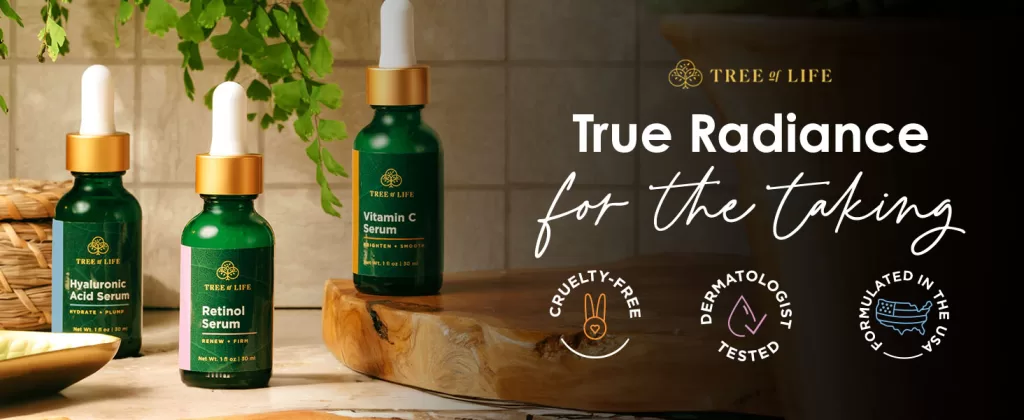
Skin Type Matters: Tailoring Pore Care
Different skin types have unique pore concerns.
- Oily skin: Prone to clogged pores and acne, requires oil-free and water-based products.
- Dry skin: Less prone to clogged pores but can benefit from gentle exfoliation and hydration.
- Combination skin: Experiences both oily and dry areas, requiring a balanced skincare routine.
- Sensitive skin: Requires gentle products and avoiding harsh ingredients.
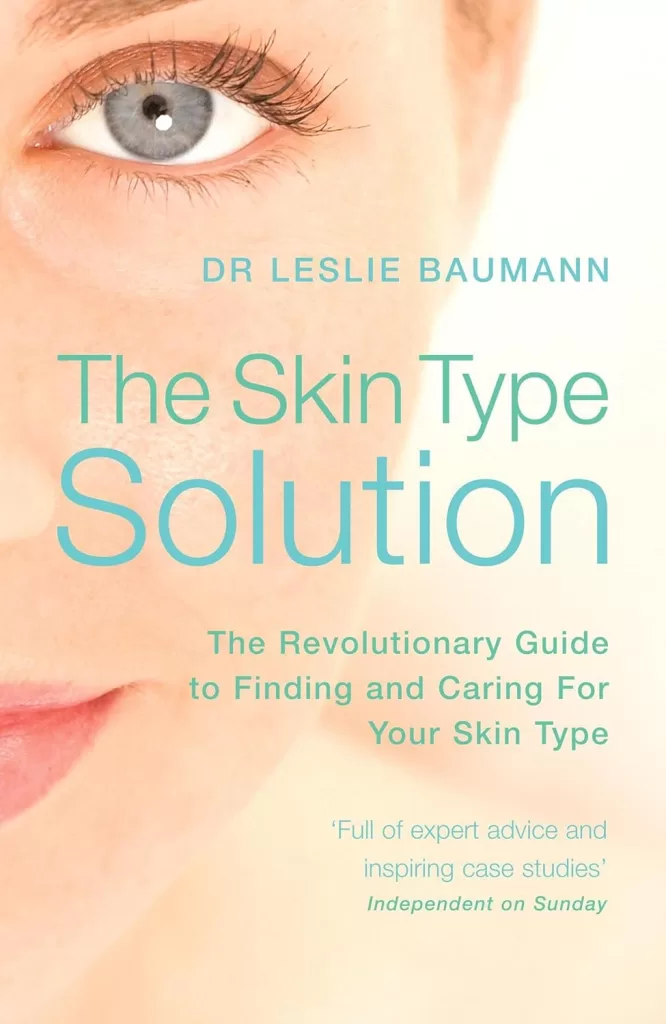
The Skin Type Solution: The Revolutionary Guide to Finding and Caring for Your Skin Type
Lifestyle Habits: Impact on Pore Health
Several lifestyle factors can impact pore health:
- Diet: A balanced diet rich in fruits, vegetables, and whole grains can support overall skin health.
- Stress management: Chronic stress can exacerbate acne, so finding healthy coping mechanisms is essential.
- Sleep: Adequate sleep is crucial for skin repair and regeneration.
- Exercise: Regular physical activity promotes healthy skin by improving circulation.
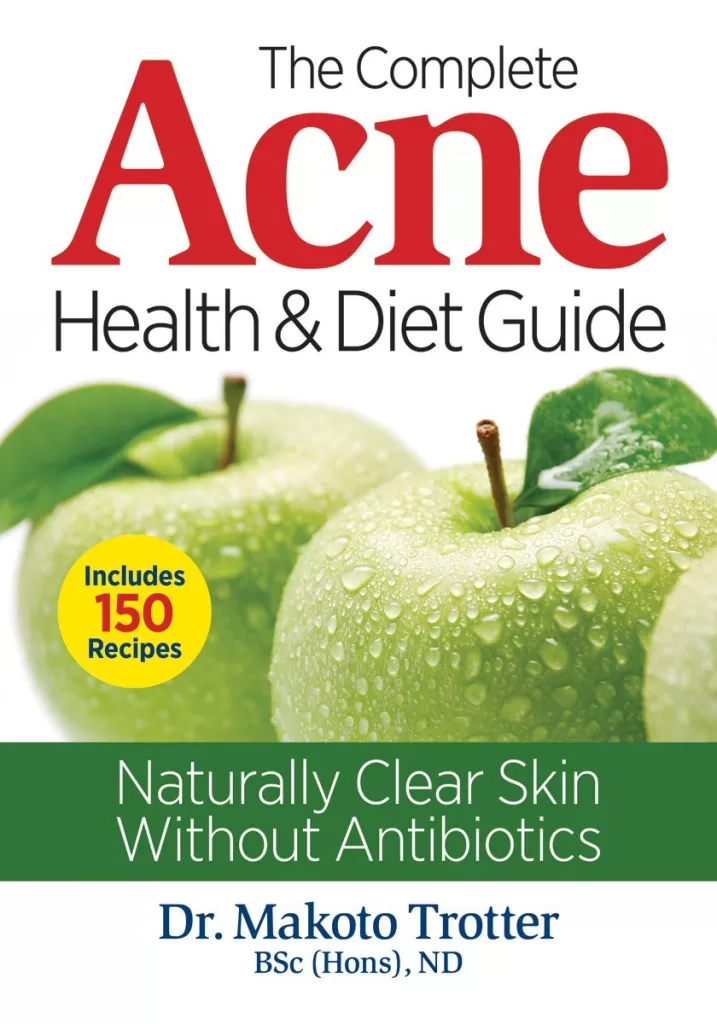
The Complete Acne Health and Diet Guide: Naturally Clear Skin Without Antibiotics
FAQs: pore health and Acne
Q1: Why do pores get clogged?
A1: Pores can become clogged when a combination of oil, dead skin cells, and bacteria gets trapped inside. This can lead to the formation of blackheads, whiteheads, and pimples.
Q2: Can you permanently shrink pores?
A2: While you can’t permanently shrink your pores, you can minimize their appearance by following a consistent skincare routine, using non-comedogenic products, and protecting your skin from sun damage.
Q3: What are the best ingredients for unclogging pores?
A3: Some effective ingredients for unclogging pores include:
- Salicylic acid: Exfoliates and helps unclog pores.
- Glycolic acid: Exfoliates and improves skin texture.
- Benzoyl peroxide: Kills bacteria and reduces inflammation.
- Niacinamide: Helps regulate oil production and minimizes pores.
Q4: How often should I exfoliate to unclog pores?
A4: The frequency of exfoliation depends on your skin type. Generally, 2-3 times a week is suitable for most skin types. However, if you have sensitive skin, you may need to exfoliate less often.
Q5: Can stress cause acne?
A5: Yes, stress can contribute to acne breakouts. When you’re stressed, your body produces more cortisol, a hormone that can increase oil production and worsen acne.
Q6: What should I avoid if I have acne-prone skin?
A6: To avoid worsening acne, avoid:
- Oily or greasy products: These can clog pores.
- Touching your face: This can transfer bacteria and irritate your skin.
- Harsh scrubbing: This can irritate your skin and worsen inflammation.
Q7: When should I see a dermatologist for acne?
A7: You should consult a dermatologist if:
- Your acne is severe or persistent.
- Over-the-counter treatments aren’t effective.
- You have concerns about scarring.
- You have a skin infection.
By understanding your skin type, incorporating healthy lifestyle habits, and following a consistent skincare routine, you can effectively manage your pores and achieve a clearer complexion.
Explore more articles like this @ Where And How Resources

